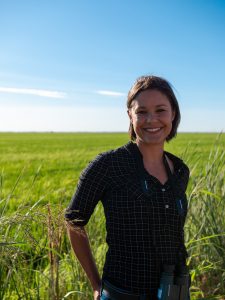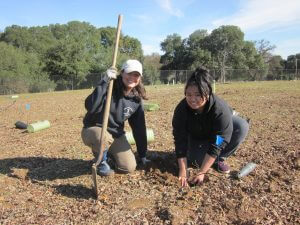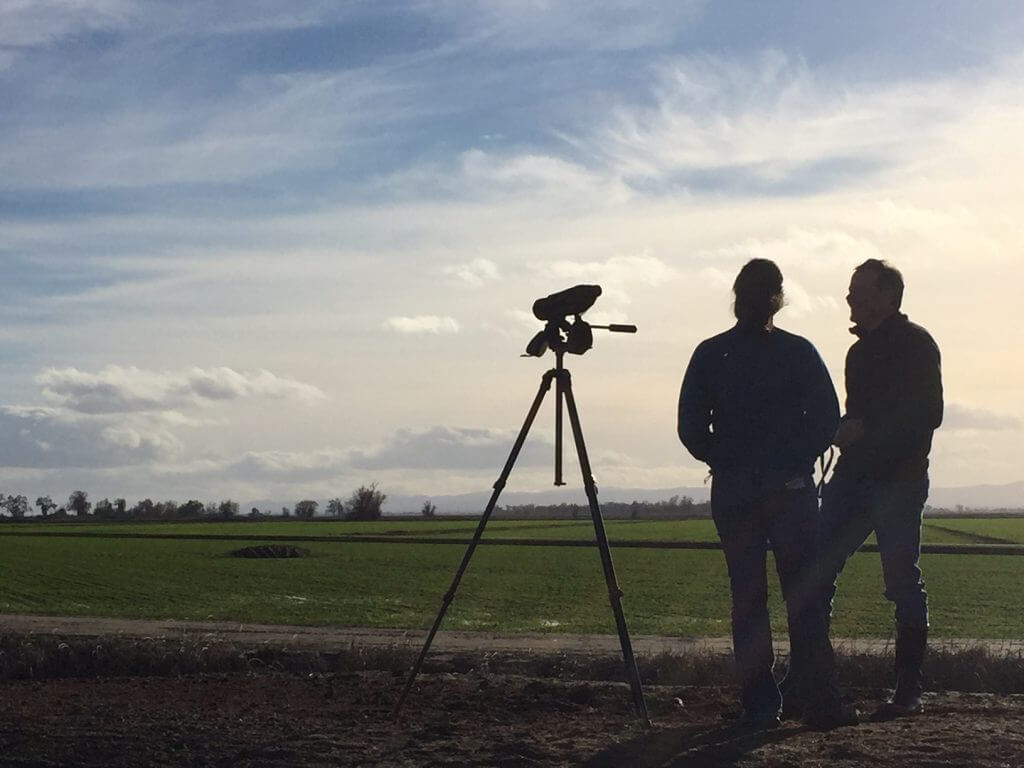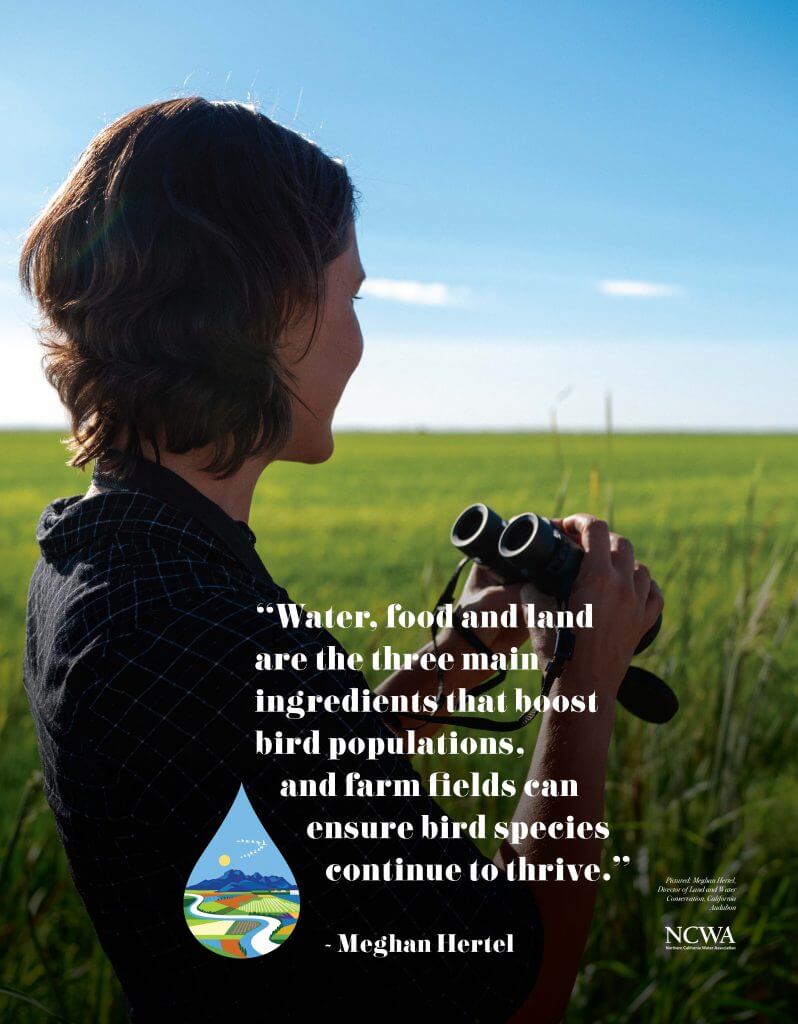 How Meghan Hertel’s failed farming attempt was a boon for wild birds in California
How Meghan Hertel’s failed farming attempt was a boon for wild birds in California
There wasn’t an older brother or sister. Single mother worked full time, and in an age when this was normal, the outdoors became her babysitter.
Few of her friends lived in the same Pinehurst, North Carolina neighborhood, so Meghan was left with the trees, rocks and her imagination to pass the time. She didn’t know it then, but those days under the southern sun would play a vital role in shaping her adult life.
A West Coast trip, however, was still years away. As a 21-year-old, the Carolina girl would fall in love with one of America’s first professions, farming. Not sure if it was the Fisher-Price toy barn set that glamorized the trade, but Meghan had a calling.
Days after graduating college, the phone rang. On the other end was a farmer outside of Atlanta.
In short time, Meghan would be taping tomato vines, laying irrigation lines and packing up blueberries to sell at the local farmer’s market. Not a glamorous job by any means but she enjoyed being outdoors.
But, that was the only part that felt natural.
“Farming is extremely hard work; it is nothing like what I imagined or dreamt it to be as a little girl,” said Meghan Hertel.
One day on the job, in what is still a mystery to her, Meghan put the farmer’s tractor out of commission. The writing was in the soil. It was time to move on from the grueling demands of being a farming assistant.
 A desk job was not the answer either. The outdoors is where she needed to be.
A desk job was not the answer either. The outdoors is where she needed to be.
With a freshly printed master’s degree from Massachusetts’ Clark University, Meghan set her sights 3,000 miles away.
“In my master’s program, we learned how California was leading the nation with new conservation efforts and policies.”
Landing in Sacramento, Meghan believed she could blend her understanding of farming with her love for nature.
“You don’t have to do one or the other. We need to figure how to balance both the production of our food with environmental stewardship. How to help the environment in urban and rural areas.”
Audubon California has provided just the opportunity.
In her role as Director of Land and Water Conservation, Hertel discovered birds offer a key to understanding the overall health of a particular environment.
“Birds, like us, need clean air, clean water, and they are often the first to respond when conditions take a turn for the worse. They are the canaries in the coal mine in nature. Where birds thrive, people thrive.”
And the people Hertel is helping are the vast number of farmers throughout the Sacramento Valley. She is providing them with the tools and knowledge to demonstrate how birds and insects on farmlands can result in a positive impact on crop production.
Sacramento Valley farmers and Audubon California have formed a coalition in an effort to ensure there are an adequate number of fields that also serve as habitat. Rice, alfalfa and winter wheat fields are critical for migratory and native birds.

“Farmers need specific water allocations for fields, or the fields may turn fallow. When they do, people and birds are impacted,” Hertel adds. “Water, food and land are the three main ingredients that boost bird populations, and farm fields can ensure bird species continue to thrive.”
Under her effort, farm fields in Northern California are not only providing food for people, but are vital for the survival of ducks, geese and shorebirds along the Pacific Flyway year-round. Hertel continues to work to ensure these fields will remain bountiful for decades to come.
So, in what seems to be twist of fate or a maybe a bit of irony… what was once the great outdoors that watched over her – it is now Meghan Hertel that looks after the great outdoors.
Listen to the podcast here.





Sites Reservoir would capture and store stormwater flows from the Sacramento River – after all other water rights and regulatory requirements are met – for release in dry and critical years for environmental use and for California communities, farms, and businesses when it is so desperately needed.